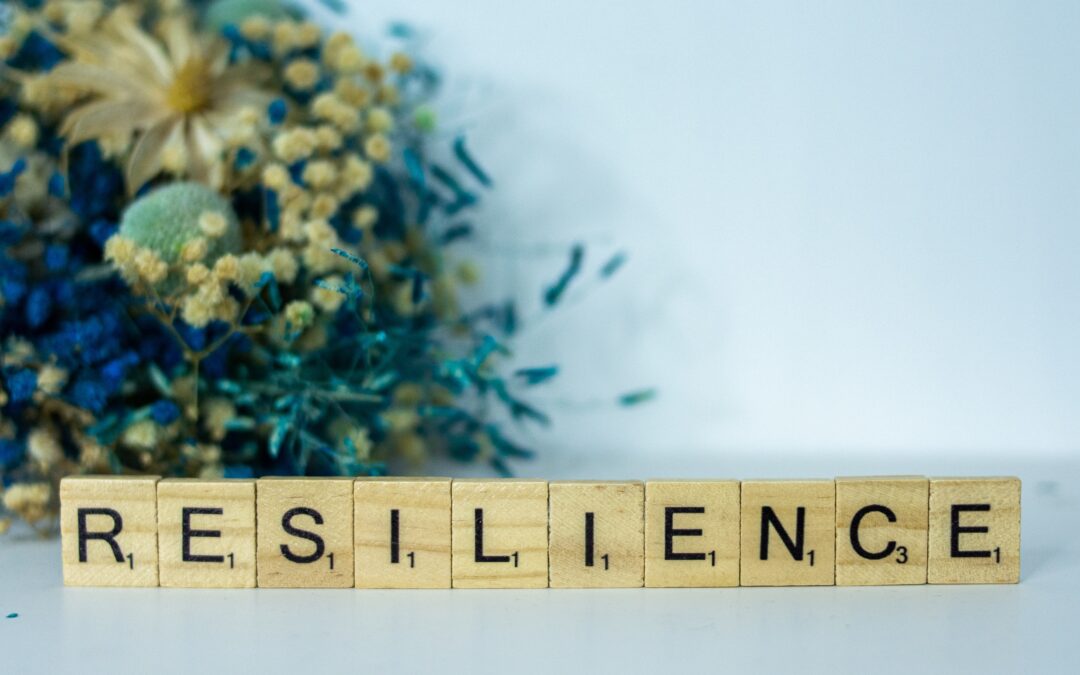Rethinking Resilience
By: Jenny Glozman MA,PhD, RP, RMFT
If you hear the word “resilience” chances are you think of toughness; the ability to withstand the pressures and traumas of life without bending or breaking. Fortunately for any of us who have experienced trauma or adversity, resilience is a bit more nuanced and complex than that.
So what is resilience?
Traditional definitions of resilience are focused on positive outcomes aka how you turn a negative (adversity) into a strength. If someone achieves this, it is praised and seen as a result of a “resilience trait” that they possess; something that is already within that person.
However, according to Dr. Michael Ungar and his International Resilience Research Project, resilience is not something that exists within the individual alone, but it is influenced by our environment. This means that the positive outcomes or “strength” we display depends on the interaction between our own internal traits and abilities, and the environment and people around us. In other words, resilience is both the ability of individuals to navigate the resources available to them, and the ability of families and communities to provide and support these resources. Resilient people need resilient families and communities.
Resilience also isn’t “one size fits all”. For example, in his research project, Dr. Ungar found that in an environment with a lot of stress and danger, a very strict authoritative parenting style was actually a protective factor for kids. But, in a calmer environment with less danger and stress, authoritative parenting may actually be a risk factor. So something that enables resilience in one environment, can hinder it in another.
Lastly, how we define resilience (what we consider to be those good outcomes), actually changes depending on where in the world we are. In other words, the definition of what resilience looks like should depend on the individual and their community. What it means to be resilient in one part of the world under one set of circumstances is not necessarily what it means to be resilient in another. Context and culture are important considerations. Importantly, no matter how your environment describes those “good outcomes”, none of them need to be “extraordinary. Ann Masten, another resilience researcher, refers to all good outcomes as “ordinary magic”: the idea that someone can function reasonably well despite being faced with challenging circumstances.
So what does this all mean?
- Resilience is complex! Toughness and stoicism are far from the only ways of defining it.
- Resilience doesn’t depend only on the individual, it also depends on our families, communities, and environments. We can’t do it alone! And if we want to help individuals be more resilient, we have to help their families and communities too.
- There is no one size fits all set of outcomes that indicate if someone is resilient! And not only people with outstanding outcomes and success are resilient, ordinary magic is resilience. What this ordinary magic looks like depends on the time and place and culture of the people involved.
Important reminders from what we’ve learned about resilience:
- Having feelings and struggles doesn’t mean you are not resilient.
- You don’t have to have extraordinary outcomes to be resilient! You are still here, you are surviving and making it through. Focus on that ordinary magic.
- You don’t have to do it alone. Resilience is all about using your support systems and resources that are available to you, including therapy.
For more help cultivating resilience and healing from trauma, and anything else you might bring to therapy, contact us to get matched with a therapist.


Recent Comments